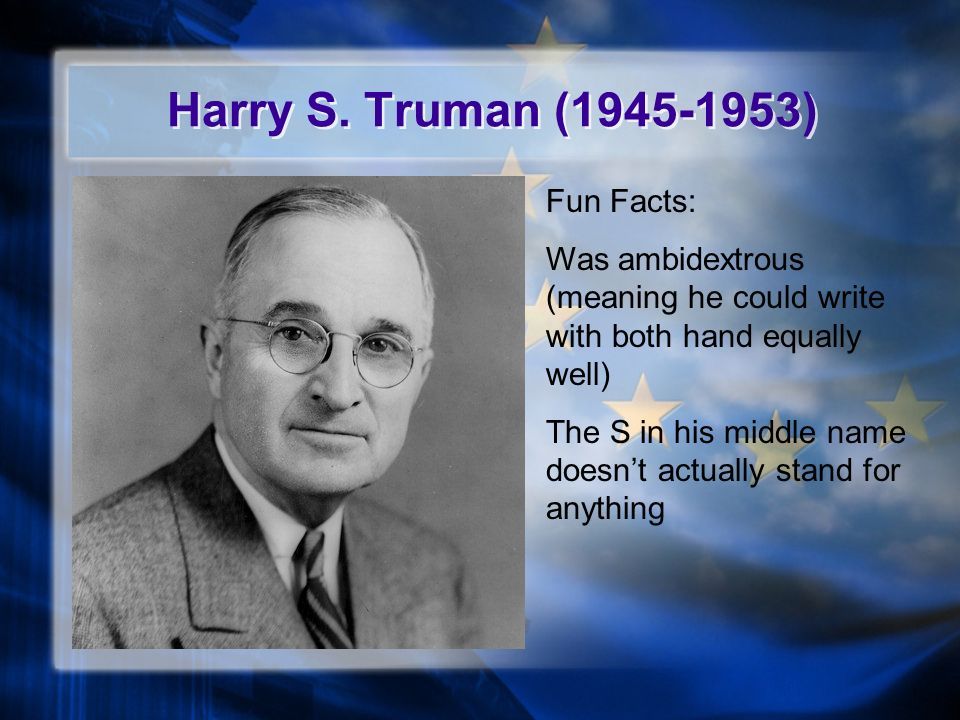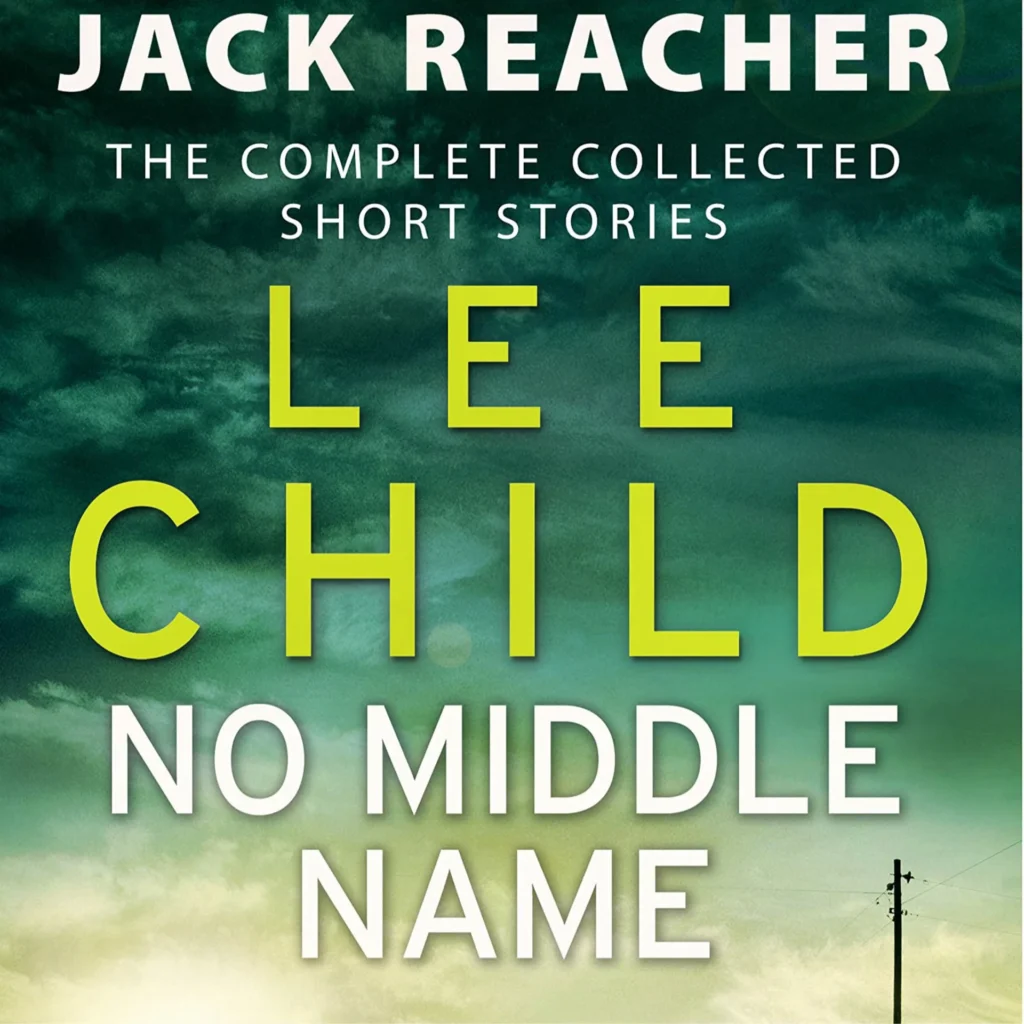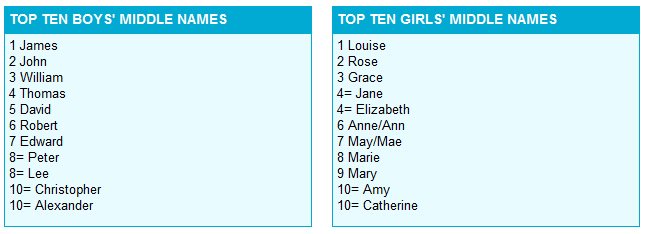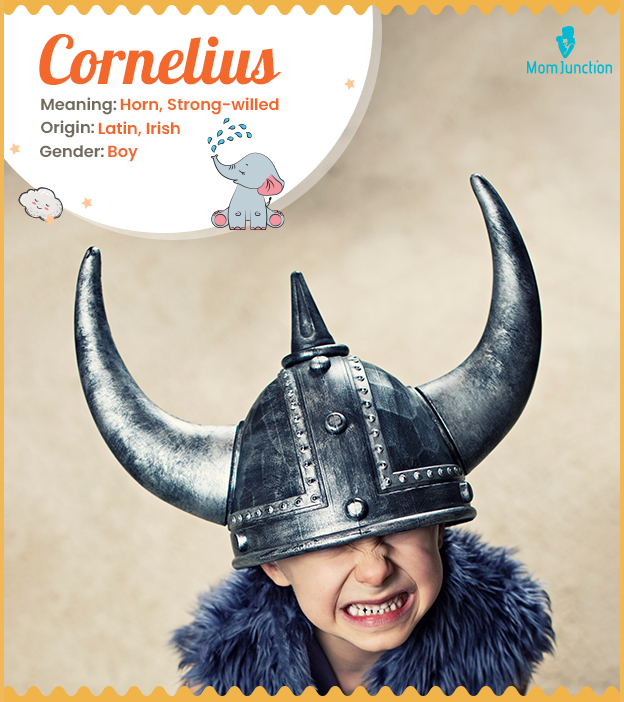The other day I met an individual who had no middle name.
Wow, I said to myself, this is a little bit unusual. My curiosity was peaked. So, I have done a little research on middle names.

It turns out that in American society it is very unusual not to have a middle name. 95% of us have middle names.

Middle names are a fascinating blend of personal, familial, and cultural identity. Middle names serve various purposes:
- Honor and Tradition: Many middle names honor a family member or ancestor. It’s a way to preserve family ties and heritage.
- Religious Significance: In certain cultures, middle names are religious, often after saints or figures important to the family’s faith. In Catholicism, for instance, children were often given a saint’s name as their middle name.
- Differentiation: Where certain first and last names are common, a middle name helps distinguish between individuals.
The use of middle names can be traced back to Roman times. The modern concept of the middle name didn’t emerge widely in Western societies until the 18th century, with noble families and royalty adopting the practice first. The idea then spread to other social classes.
Americans’ penchant to have middle names is similar to other Western societies like the U.K. and Australia. However, this pattern is not repeated around the world. In countries like China, Japan, and Korea, the concept of middle names is rare. In India middle names are sometimes used, often reflecting religious or regional traditions, though they are not universal. In some African countries, middle names can be important cultural identifiers, reflecting lineage, birth order, or tribal affiliations. On the other end of the spectrum, in countries like Mexico and Spain, it’s not uncommon to have multiple middle names. Naming conventions often include the mother’s maiden name as an additional part of the full name.
In America, 95% of us have middle names. Yet, 5% of us do not have middle names.

Harry S. Truman is perhaps the most famous American without a true middle name. The “S” in his name doesn’t stand for anything specific; it was a compromise between his grandfathers’ names, Anderson Shipp Truman and Solomon Young. To honor both grandfathers, his parents gave him the middle initial “S,” but it doesn’t represent a full middle name. The “S” was just an initial, not an abbreviation for a name. In Truman’s case, despite the quirkiness of the “S,” it became an iconic part of his identity, often emphasized in political and historical contexts.
Other notable individuals without middle names include:
- George Washington: The first U.S. president didn’t have a middle name, as it was less common at the time.
- Ulysses S. Grant: Interestingly, Grant was born Hiram Ulysses Grant. The “S” in his name came from a clerical error when he was nominated to West Point, and it stuck.
Some parents choose not to give their child a middle name for simplicity or because they feel the first and last names are strong enough on their own.

The best-known book about the concept of “no middle name” is No Middle Name: The Complete Collected Jack Reacher Short Stories by Lee Child. Released in 2017, No Middle Name emphasizes Reacher’s lone-wolf identity, as he doesn’t conform to traditional norms, much like his lack of a middle name—a subtle statement about his independent nature.

In American culture, middle names are often chosen because of their classic, enduring nature or because they honor family members. Middle names like Marie or Grace for girls and James or William for boys are frequently used due to their simplicity and timeless appeal.

What, you may ask, are the least popular middle names. It’s hard to quantify the least popular middle names because there are so many unique, rare, or creative names chosen for middle names. However, some categories that might encompass less popular middle names include:
- Uncommon or obsolete names – Names like Agnes, Eustace, Gertrude, or Hiram have fallen out of favor in modern times.
- Invented or highly unusual names – Names that are highly unique or even invented by parents are naturally less common. For example, names that are extremely modern, such as Brayleigh or Zyxon.
- Names tied to specific cultural or historical references – Middle names that may have been popular in past generations but are less common today, such as Theophilus or Cornelius, are often rare.
Holy cow! The research I have done says that Cornelius is the least popular middle name in America today — or, at a minimum, a strong competitor for that title.
Well, guess what? My middle name is Cornelius. Yes, indeed.

It turns out that the middle name “Cornelius” has roots in ancient Rome and comes from the Latin “Cornelius,” a family name meaning “horn” or “of a horn.” The name was borne by a prominent Roman family, the gens Cornelia, which included several notable figures in Roman history.
As a middle name, “Cornelius” has historically been used in various cultures, particularly in Dutch and Irish communities. In the U.S., it was more popular in earlier centuries, often passed down through families. It has an old-fashioned, somewhat aristocratic feel.

“Cornelius” as a middle name can signify a connection to heritage, family tradition, or a nod to classical roots. It also has religious significance in Christianity, as Cornelius was a Roman centurion in the New Testament who was converted by St. Peter and is considered the first Gentile to convert to Christianity.
From the unique middle name of Cornelius, I got the nickname of “Neil,” which is a solid, contemporary nickname. However, during childhood some of my classmates chose to tease me by calling my “Corny”.

Unfortunately, kids often latch onto anything that seems different or uncommon, and a name like “Cornelius” certainly stood out. Being teased shaped how I felt about my name and my identity, especially when I was a young kid.
In fact, since childhood I have never wanted to share my middle name with anyone for fear that they would make fun of me and call me “Corny”. That feeling persists even today. This is the first time that I have shared my middle name with a broad audience.
Bottom line. Yes, one’s middle name can evoke a sense of uniqueness and pride, knowing that the name carries historical weight and a story of its own.
However, based on my personal experience I would hope that parents select middle names that do not easily lend themselves to teasing, especially at a young age.
As adults, we gain perspective on the value of individuality. My hope also is that names like Cornelius can become symbols of distinction rather than discomfort later in life.
Very enlightening! Fun facts. A study on last names would be just as interesting. I’ve always marvelled at ones like Fleming. When choosing last names why would one pick something that describes a thick mucous secreted by the lungs? Maybe it was a reference to the Flemish people, but how did that start? Might they have been described as Hackish if a clan of them eons ago had a chronic cough or some other similar bodily function?
Mine is of Ukrainian origin and has been said to mean son of Andrew.
Go for it Neil ‘er Corny!
This is as monumental as when Jerry and Elaine found out that Kramer’s first name was Cosmo. Probably a good idea to reveal it so late in life. I’m sure Jim McLaughlin would have written a song or poem about it back in the LACTC days. Will it take another 70 years to learn of your first name?
Add Norman to the list of “why me” 🙂 Always interesting Neil. Thanks